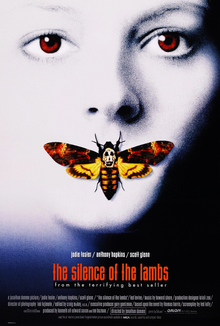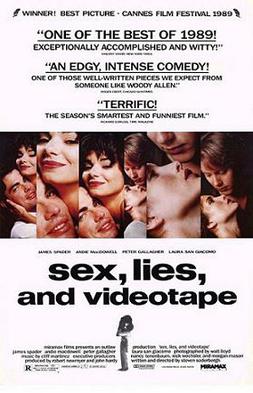Welcome to Retro Television Reviews, a feature where we review some of our favorite and least favorite shows of the past! On Mondays, I will be reviewing Miami Vice, which ran on NBC from 1984 to 1989. The entire show is currently streaming on Tubi!
This week, Crockett and Tubbs head down to Colombia and learn about the smuggler’s blues!
Episode 1.16 “Smuggler’s Blues”
(Dir by Paul Michael Glaser, originally aired on Feb. 1st, 1985)
Someone is blowing up drug dealers and their families in Miami. Homicide Detective Jones (Ron Vawter) doesn’t know why anyone cares about a bunch of smugglers being killed but DEA Agent Ed Waters (a youngish Richard Jenkins) is concerned that a vigilante is on the loose.
If there is a vigilante on the loose, who could it be? Well, we know that it’s not going to be any of our regular cast members, even if Castillo does seem to be kind of tightly wound. So, that really leaves Jones and Waters as our only two suspects. Looking over the notes that I trotted down for this episode, I see that I immediately said that Waters had to be the killer because, when the killer anonymously called the Department towards the end of the episode, I instantly recognized Richard Jenkins’s voice. Of course, it turned out I was totally wrong. Detective Jones turned out to be the killer and apparently, I have no idea what Richard Jenkins actually sounds like.
Anyway, before Detective Jones can be revealed as the murder, Crockett and Tubbs have to go to Colombia so that they can go undercover as dealers and purchase a large amount of cocaine. The idea is that the vigilante will target either Crockett and Tubbs or they’ll go after Trudy, who is undercover as Tubbs’s wife. Working on their own, Crockett and Tubbs recruit a pilot named Jimmy Cole (Glenn Frey) to fly them to Colombia.
Former Eagle Glenn Frey was specifically cast in this episode because the plot was largely based on a song that he had written, Smuggler’s Blues. (The episode’s script was written by Miguel Pinero, who played Calderone earlier in the season.) The song is played throughout the episode, the lyrics hammering home one of Miami Vice‘s key themes. The war on drugs can never be won because there’s way too much money to be made in smuggling and selling.
It’s a good episode, one that features a likable guest turn from Glenn Frey and plenty of action. When Crockett and Tubbs land in Colombia, they find themselves having to fight off both enforcers and cops. Their only ally is Cole, a man who they would normally be expected to arrest, (In a nicely acted scene, Tubbs and Cole bond over the fact that they both served in Vietnam.) Back in the United States, Crockett, Tubbs, and Cole have to fight off a thief, played by Richard Edson. And after all that, it’s still up to Tubbs and Crockett to save Trudy from being blown up in a trailer and this leads to wonderfully tense bomb disarming scene. In the end, Crockett and Tubbs score a victory but we are left with little doubt that it will only be a temporary one. That’s the politics of contraband, to quote both the song and the show.


